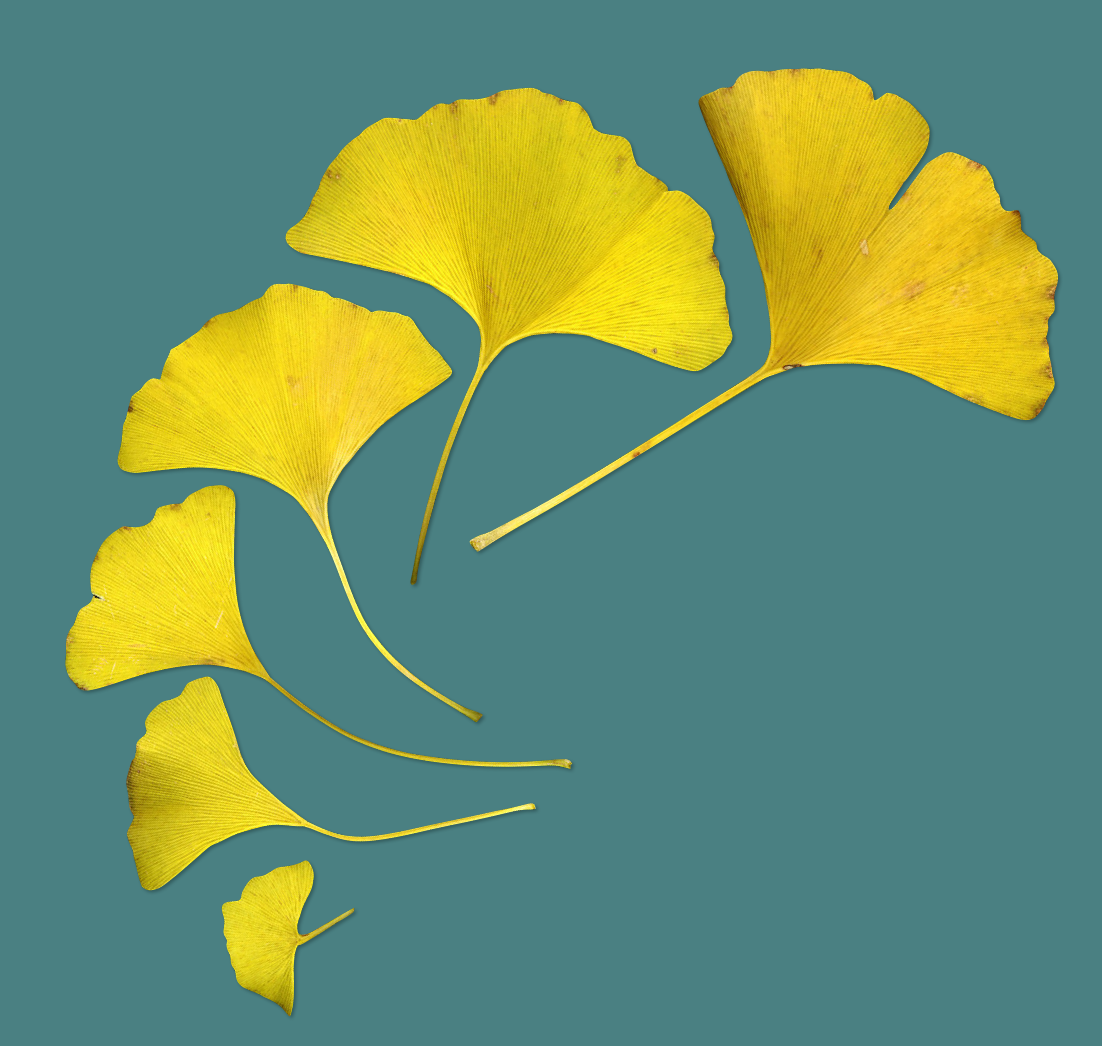Feeling Fatigued? Reach for Water before Coffee
Feeling Fatigued? Reach For Water Before Coffee
As the weather starts to warm up, its important to keep ourselves hydrated. This is an issue close to my heart because I don’t often feel thirsty UNTIL I drink water, so I am always looking for little tricks to get myself to drink more water, because I know how important it is, and how much better I feel when I am well hydrated.
Why is water so important?
Without water, your body wouldn’t be able to function. Water plays a role in nearly every function of the body, either directly or indirectly. It makes up about 60% of your body – men and infants have a little more, whereas women and people with a high body fat percentage have a little less. You will find water in your intracellular and extracellular fluids, plasma, organs, spine and digestive tract.
Water is needed for actions including:
- Maintaining body temperature
- Forming a barrier in the skin to protect against foreign bodies
- Brain function
- Digestion of food
- Excreting waste through urine, sweat and faeces
- Supporting a healthy metabolic rate
- Increasing satiety levels
Without enough water in the body, we become dehydrated. Even a little bit can make a big difference. Research has shown that 1-3% dehydration can impact on processes such as brain function, memory, energy and mood. If you want to reduce fatigue, boost your metabolism and balance mood, you need to monitor your water intake and drink enough, and it can make a big difference.
Try drinking water instead of coffee to keep your thinking clear and fresh
How to boost your water intake
Now that you know how important hydration is for your health and wellbeing, how can you get enough? Here are some simple tips to get more water into your day.
Make drinking more fun
Many people find plain water a bit boring. But if that’s the case, you can make it more interesting and still reap the benefits. As the weather warms up, you can add fresh or frozen fruit and herbs to your water. Berries, citrus, mint and rosemary are some refreshing options to start with.
One idea is to have a jug of filtered water in the fridge (if you like cold water) and add your fresh mint or berries to it. When the temperature drops, find some herbal teas you enjoy to replace plain water.
If you’re out at a social event and want an alternative for soft drinks, grab some sparkling water. Many supermarkets now have flavoured options – just make sure there’s no added sugars. My 2yo grandson gets “tickly water” (his words for sparkling water) when we take him out for a meal. Its a healthy treat.
Eat your water
You don’t have to rely on your water bottle for all of your hydration needs. There are plenty of high-water foods around, especially as the warmer months bring tropical produce back!
Stock up on:
- Melons
- Berries
- Peaches
- Cucumber
- Celery
- Apples
- Pears
- Green leafy vegetable
- Broccoli
Create a habit
The easiest way to incorporate a new habit is to tie it to a current one. This goes for drinking water as well. You could try drinking a glass of water after brushing your teeth or when you go to make a cup of coffee. If you check your emails regularly, have a few mouthfuls every time your inbox loads up.
Figure out what you do at least 4-5 times each day and make those the times that you drink a glass of water.
I start my day with a large glass of lemon water to hydrate after the long night. It also gets the bowels moving in the morning!
Remind yourself
Sometimes, we need someone to push us until we get into a habit. In that case, it’s time to set up some reminders. You can simply set alarms on your phone throughout the day. There are plenty of apps out there that track water, from general diet trackers to specific water trackers.
If you aren’t into tech, you can get water bottles with measures on the side to remind you visually. I have a 2 litre stainless steel water bottle I sometimes use to make sure I am drinking that much water a day, especially in the middle of summer or when I want to radically increase my water intake.
How much water should you drink?
Different people have different needs for water, depending on their body composition , exercise, medication use and other lifestyle factors. Even the weather can influence how much you should be drinking.
Government recommendations are around 2.1-2.6L of fluid per day. But if you’re not drinking water much, it’s best to start slowly and work your way up.
If you’re exercising, you’ll want to add 1-2 cups of water for every 30 min of exercise you do. If the temperature is over 30 degrees C, add an extra 2 cups per day.
One way to tell if you are drinking enough water, is to check the colour of your urine. If it is a strong yellow or even brown, you are likely dehydrated. If your urine is clear or a light straw colour, you are likely well hydrated. Its a great thing to teach your kids too.
Try putting this near the toilet to remind yourself (and the family) to check if you are well hydrated
Water Quality
I do recommend that you use a good water filter and not drink tap water if you have town water with addred chlorine, flouride etc. Water pipes also often contain lead solder or copper, and contribute to heavy metal toxicity.
References
Metheny, N., & Metheny, N. M. (2011). Fluid and electrolyte balance. Jones & Bartlett Publishers.
https://www.ncbi.nlm.nih.gov/pubmed/22190027
https://www.ncbi.nlm.nih.gov/pubmed/21736786
https://www.ncbi.nlm.nih.gov/pmc/articles/PMC4207053/
https://www.ncbi.nlm.nih.gov/pubmed/22576040
https://www.nrv.gov.au/nutrients/water





